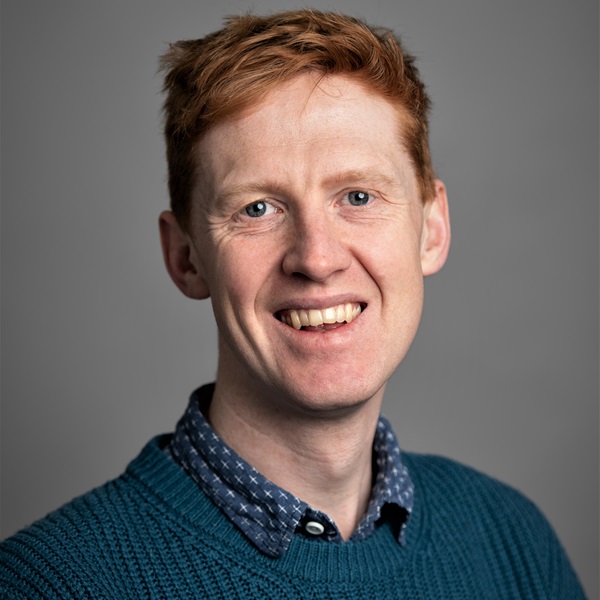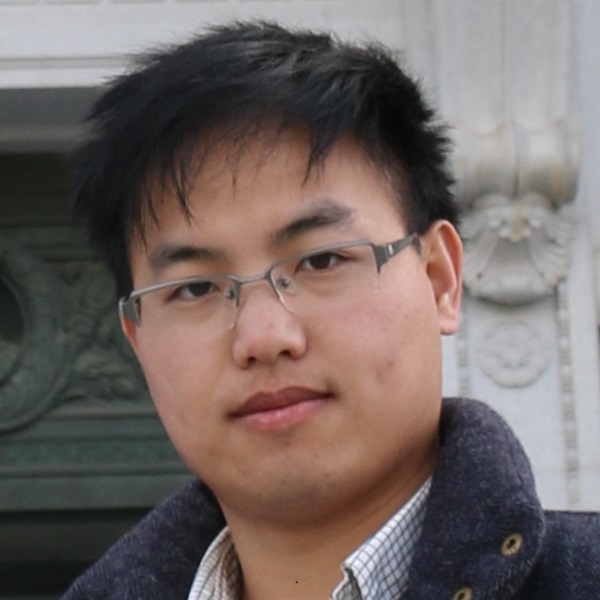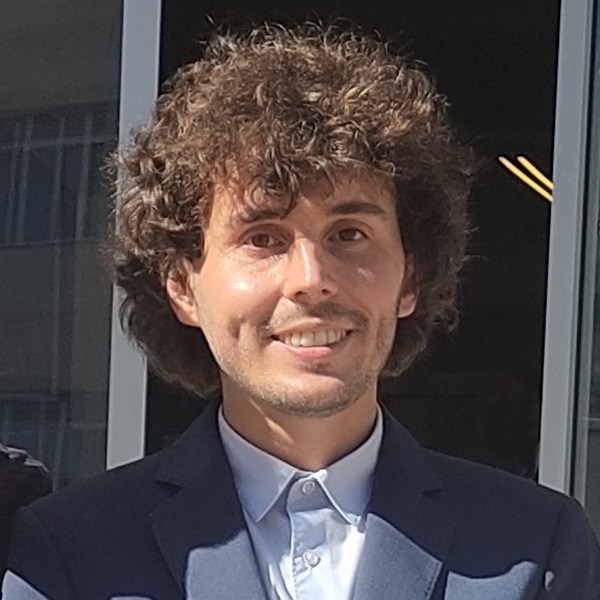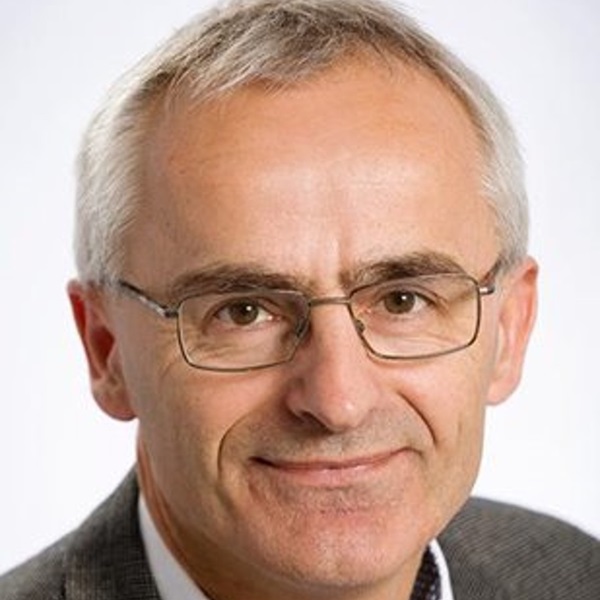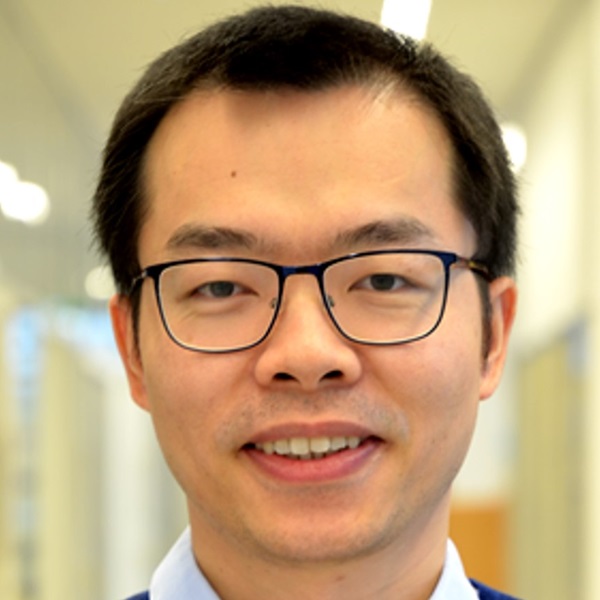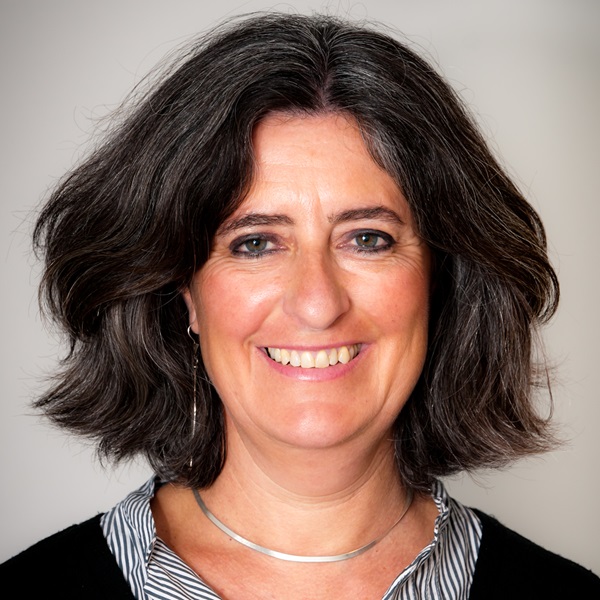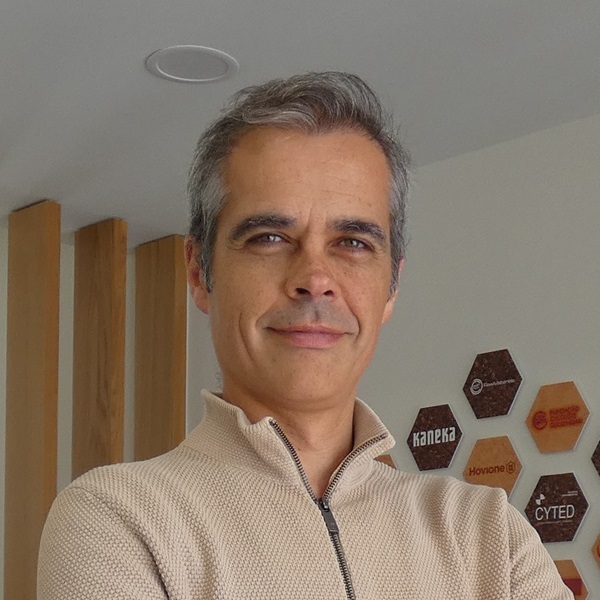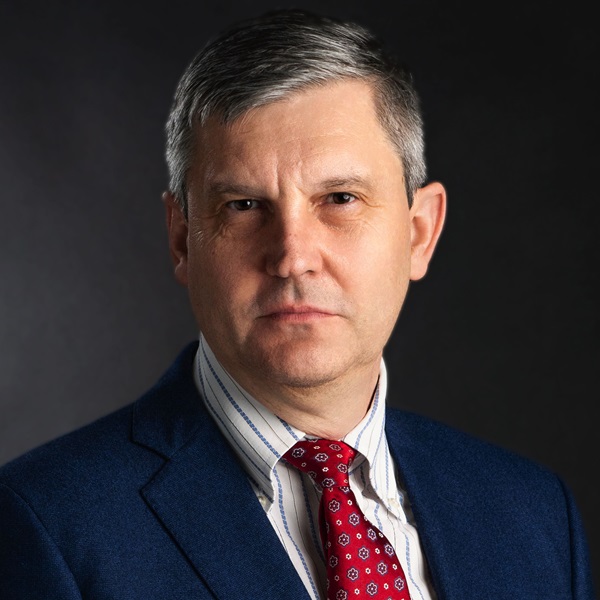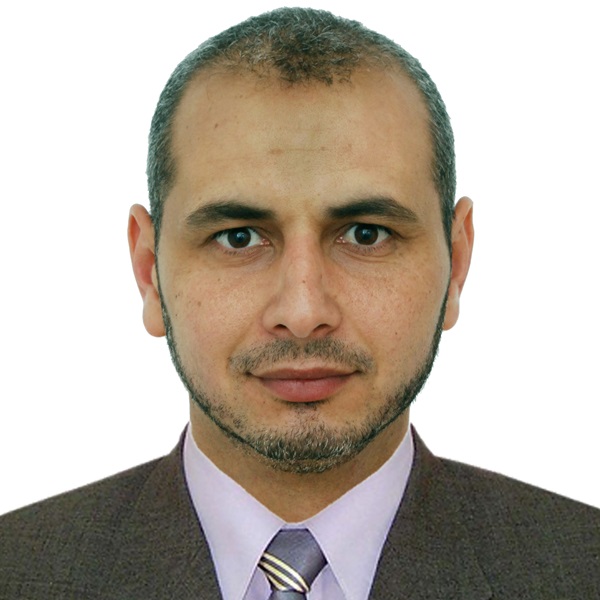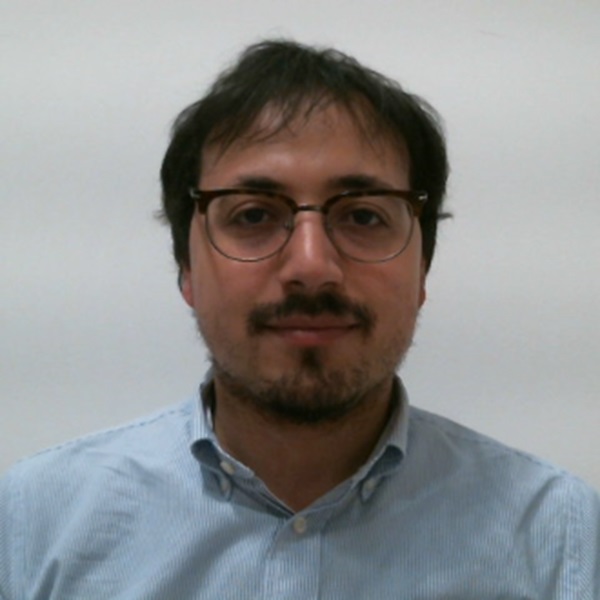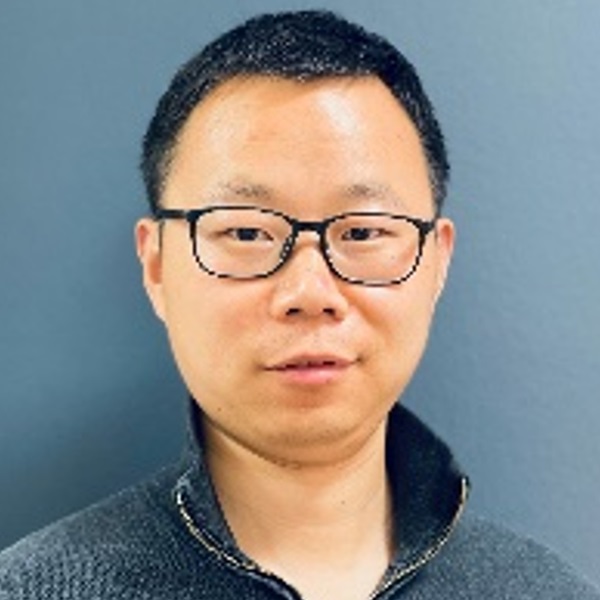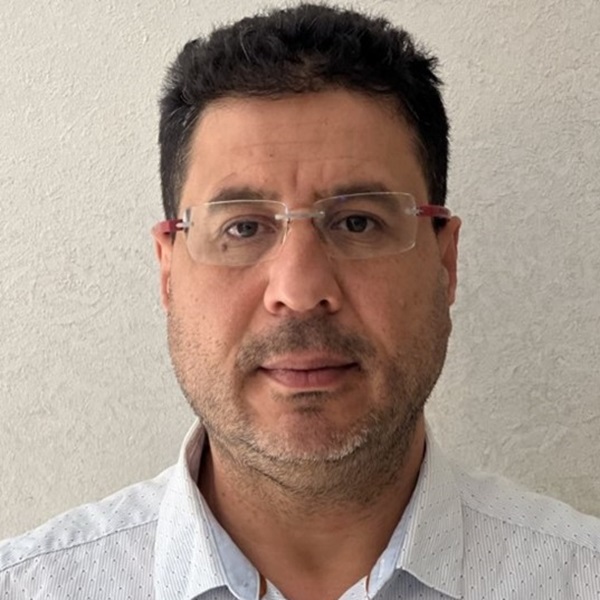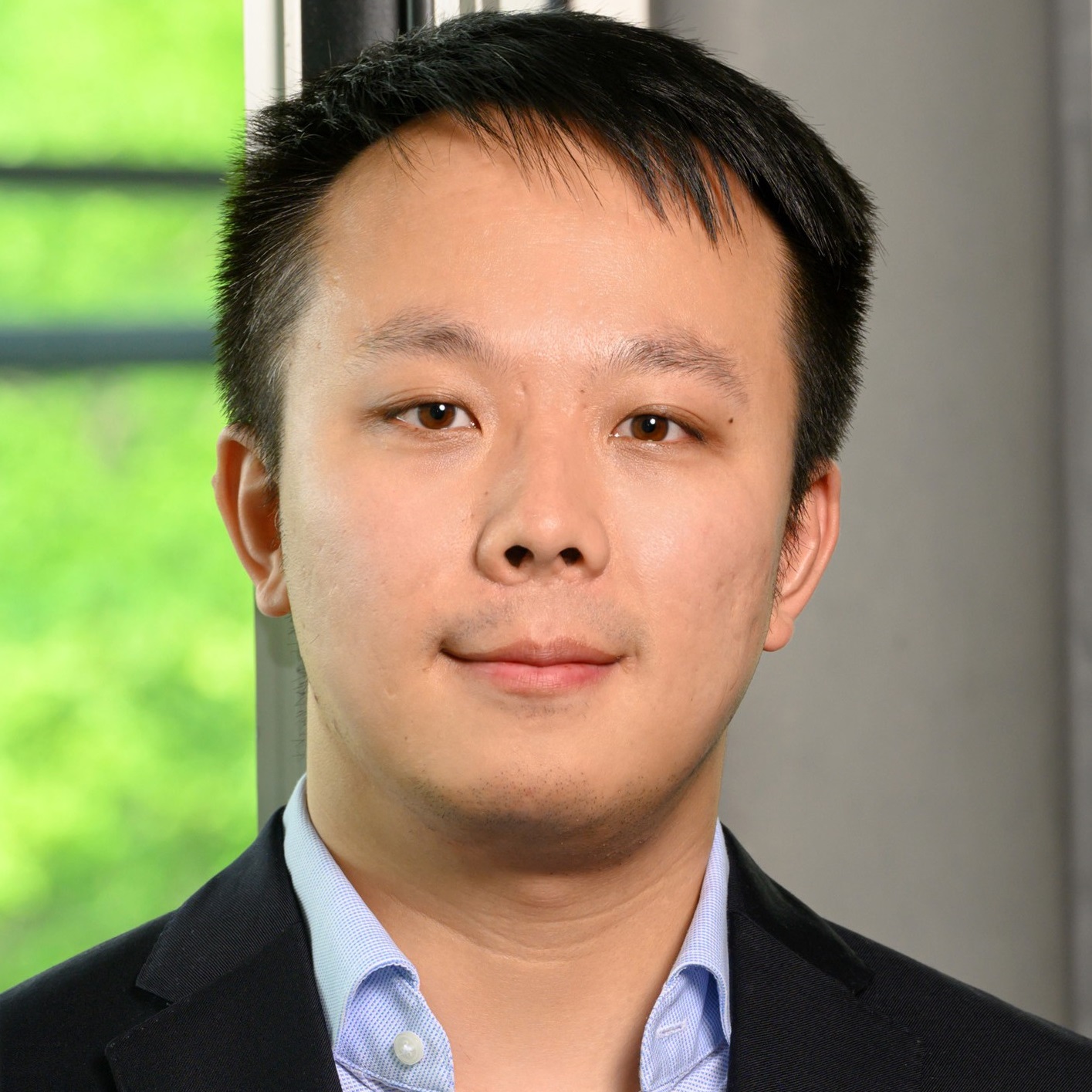Alastair Hales
Alastair Hales
Co-I
Dr. Alastair Hales (University of Bristol) is currently a Senior...
Alper Kanak
Alper Kanak
Co-I
Dr. Alper Kanak (ERARGE) received his BS from İstanbul Technical...
Changfu Zou
Changfu Zou
Co-I
Dr . Changfu Zou ( Chalmers University of Technology )...
Fausto Stella
Fausto Stella
Co-I
Dr. Fausto Stella (Politecnico di Torino) is a research fellow...
Frede Blaabjerg
Frede Blaabjerg
Co-I
Prof Frede Blaabjerg is currently a Professor with AAU Energy,...
Huai Wang
Huai Wang
Co-I
Huai Wang is currently a Professor with the AAU Energy, Aalborg...
Isabelle Dor
Isabelle Dor
Co-I
Isabelle Dor ( CEA ) has graduated in solid mechanics...
Joana Pinto
Joana Pinto
Co-I
Prof. Joana Pinto is Assistant Professor at NOVA. She has...
Luis Pereira
Luis Pereira
Co-I
Prof. Luis Pereira is Associate Professor at NOVA. He holds...
Radu Bojoi
Radu Bojoi
Co-I
Prof. Radu Bojoi (Politecnico di Torino) is a Professor at...
Salih Ergün
Salih Ergün
Co-I
Prof Salih Ergün (ERARGE) received his B. Sc. and M....
Salim Hadj Saïd
Salim Hadj Saïd
Co-I
Prof . Salim Hadj Saïd ( National Engineering School of...
Sandro Rubino
Sandro Rubino
Co-I
Dr. Sandro Rubino (Politecnico di Torino) is an Assistant Professor...
Shuai Zhao
Shuai Zhao
Co-I
Shuai Zhao ( AAU Energy, Aalborg University ) is currently...
Taoufik Ladhari
Taoufik Ladhari
Co-I
Dr . Taoufik Ladhari ( National Engineering School of Monastir...
Torsten Wik
Torsten Wik
Co-I
Prof . Torsten Wik ( Chalmers University of Technology )...
Vincent Heiries
Vincent Heiries
Co-I
Dr. Vincent Heiries ( CEA ) graduated from ENAC (...
Weihan Li
Weihan Li
Co-I
Dr Ing Weihan Li (RWTH Aachen University) leads the junior...


